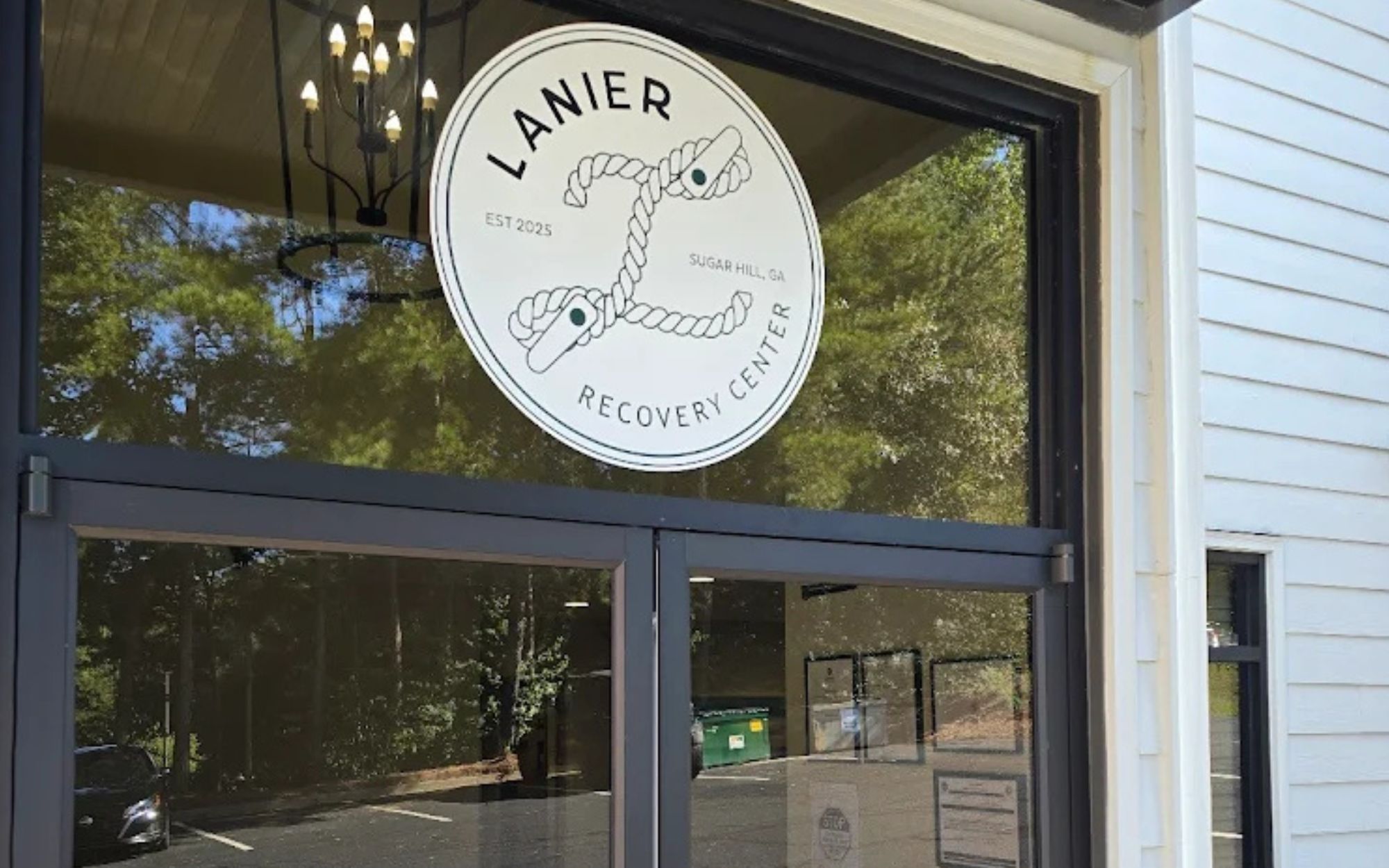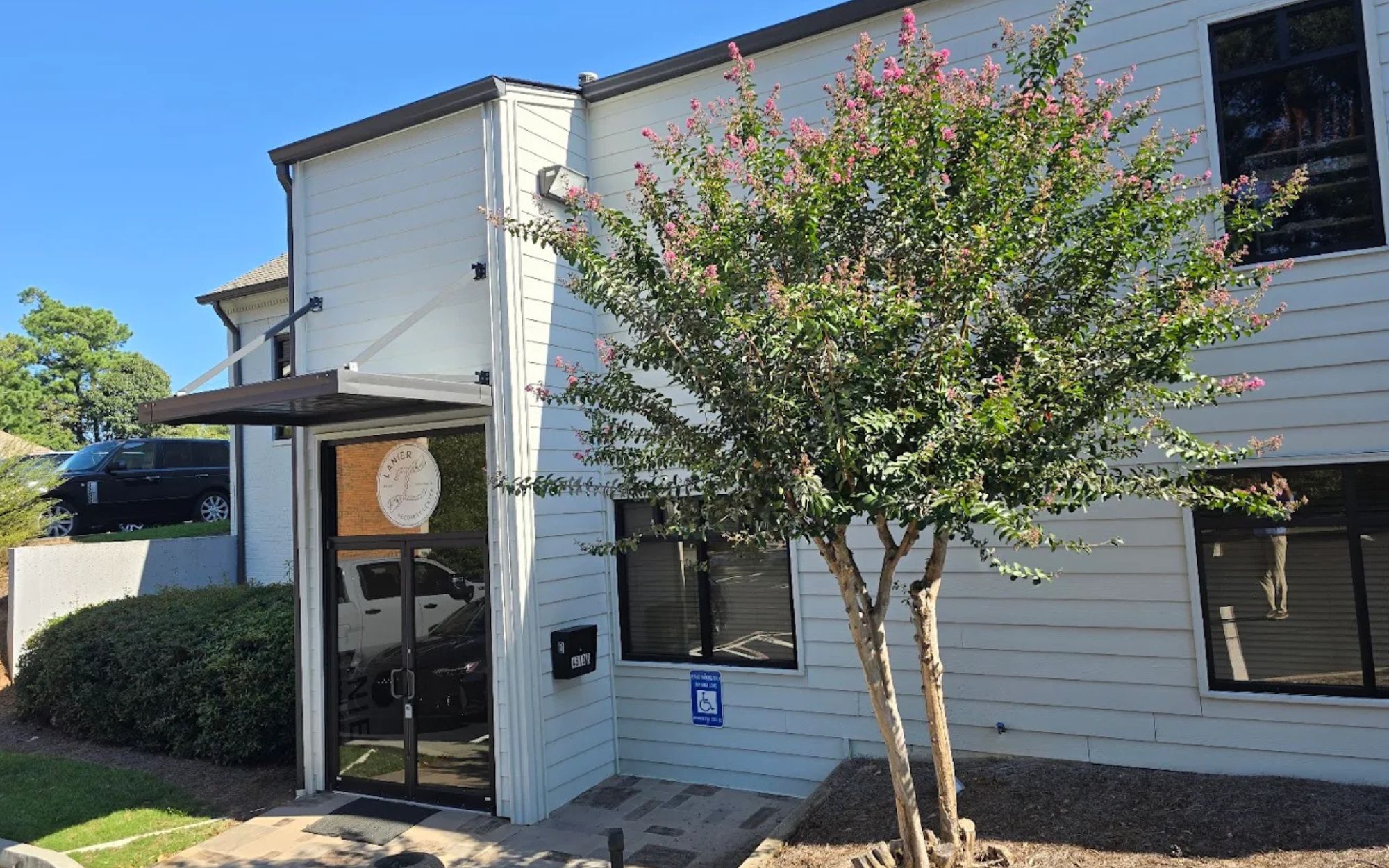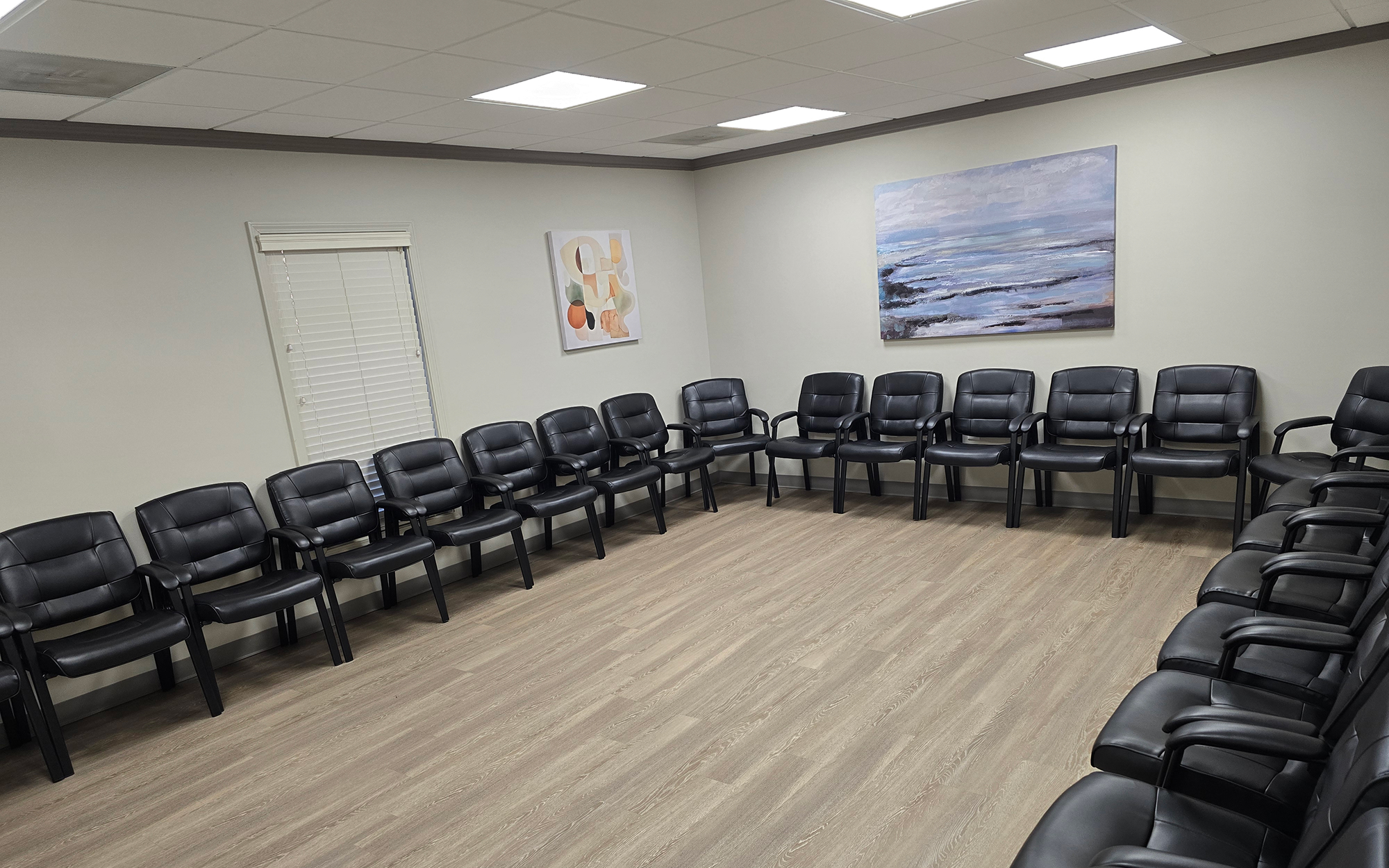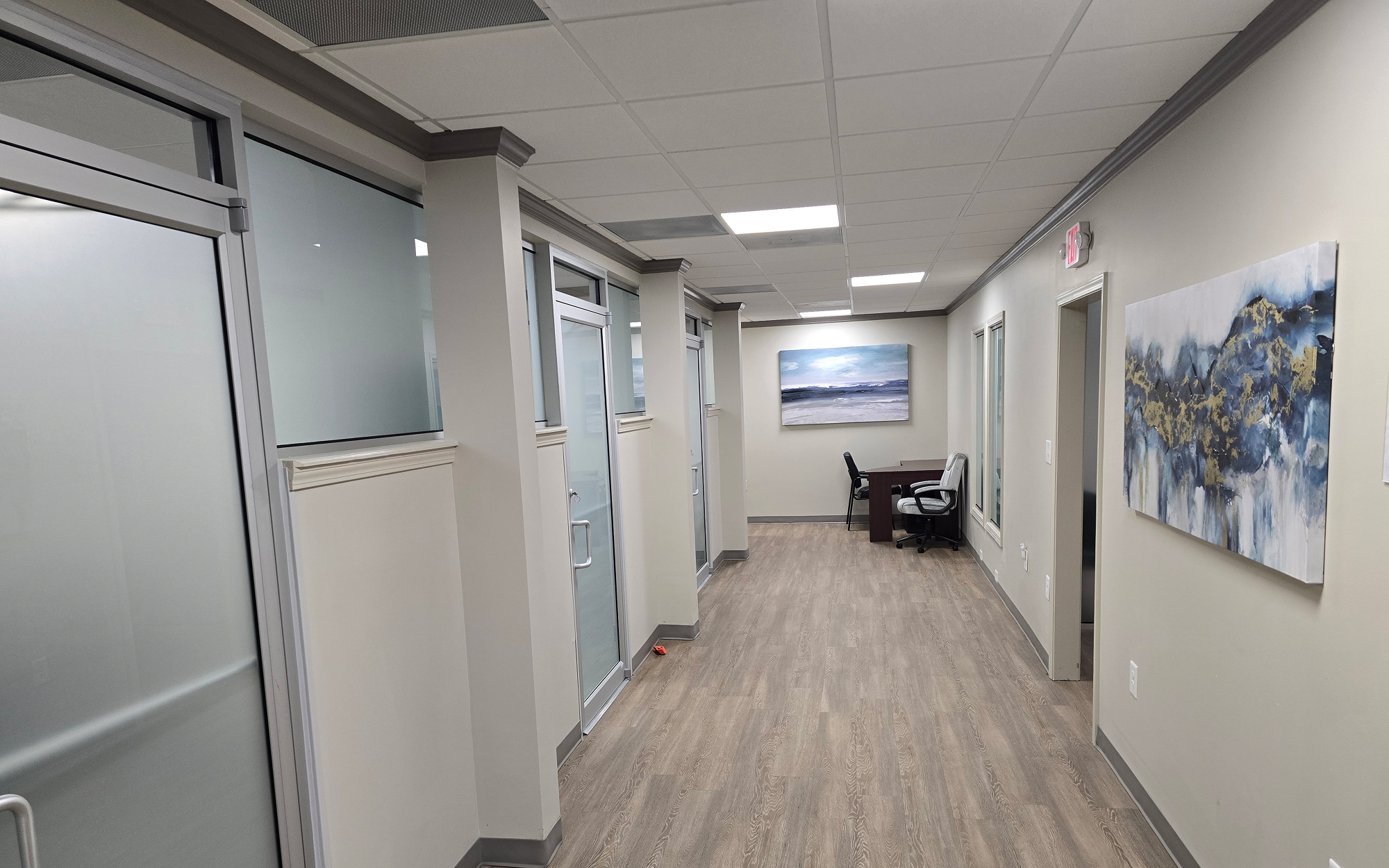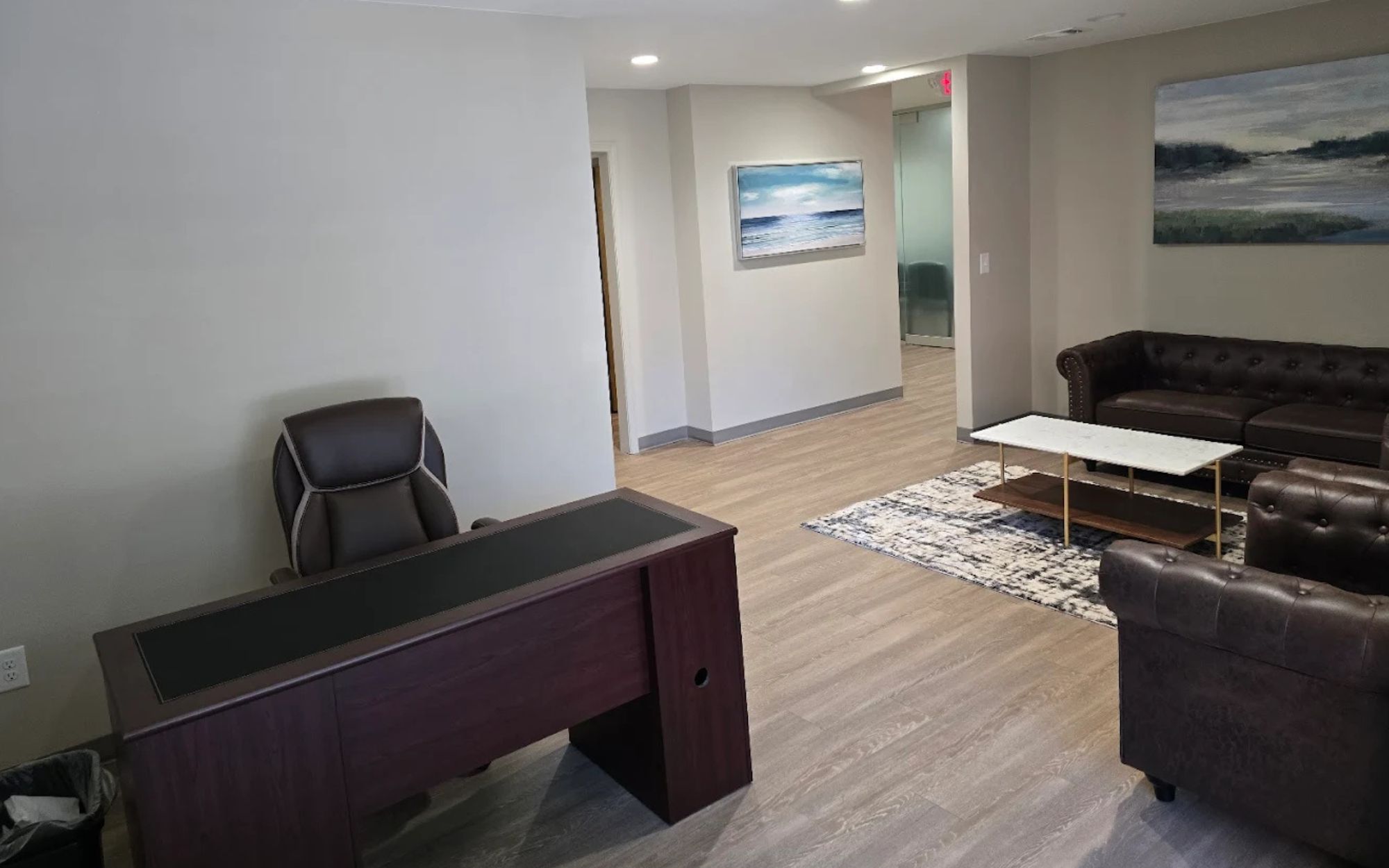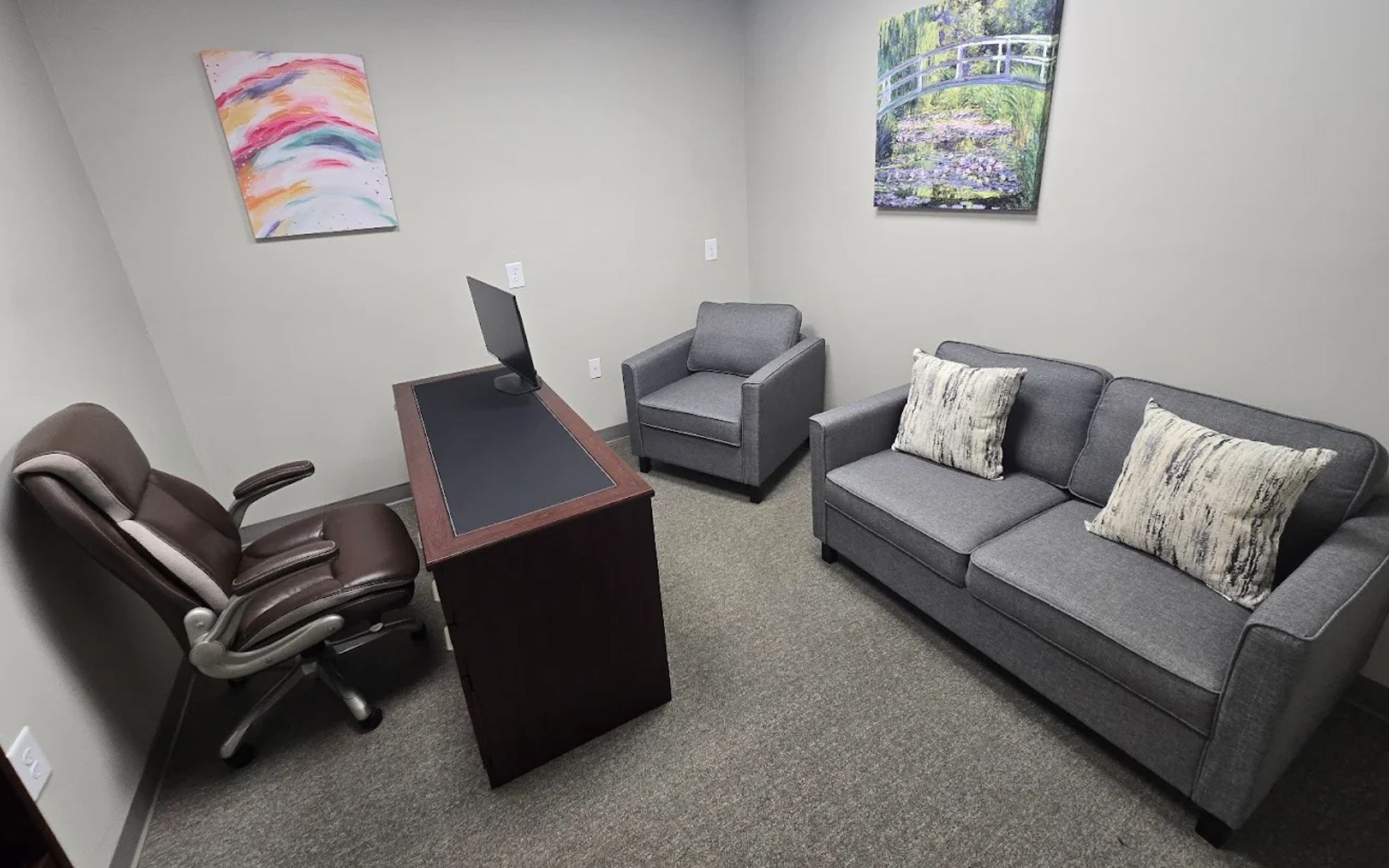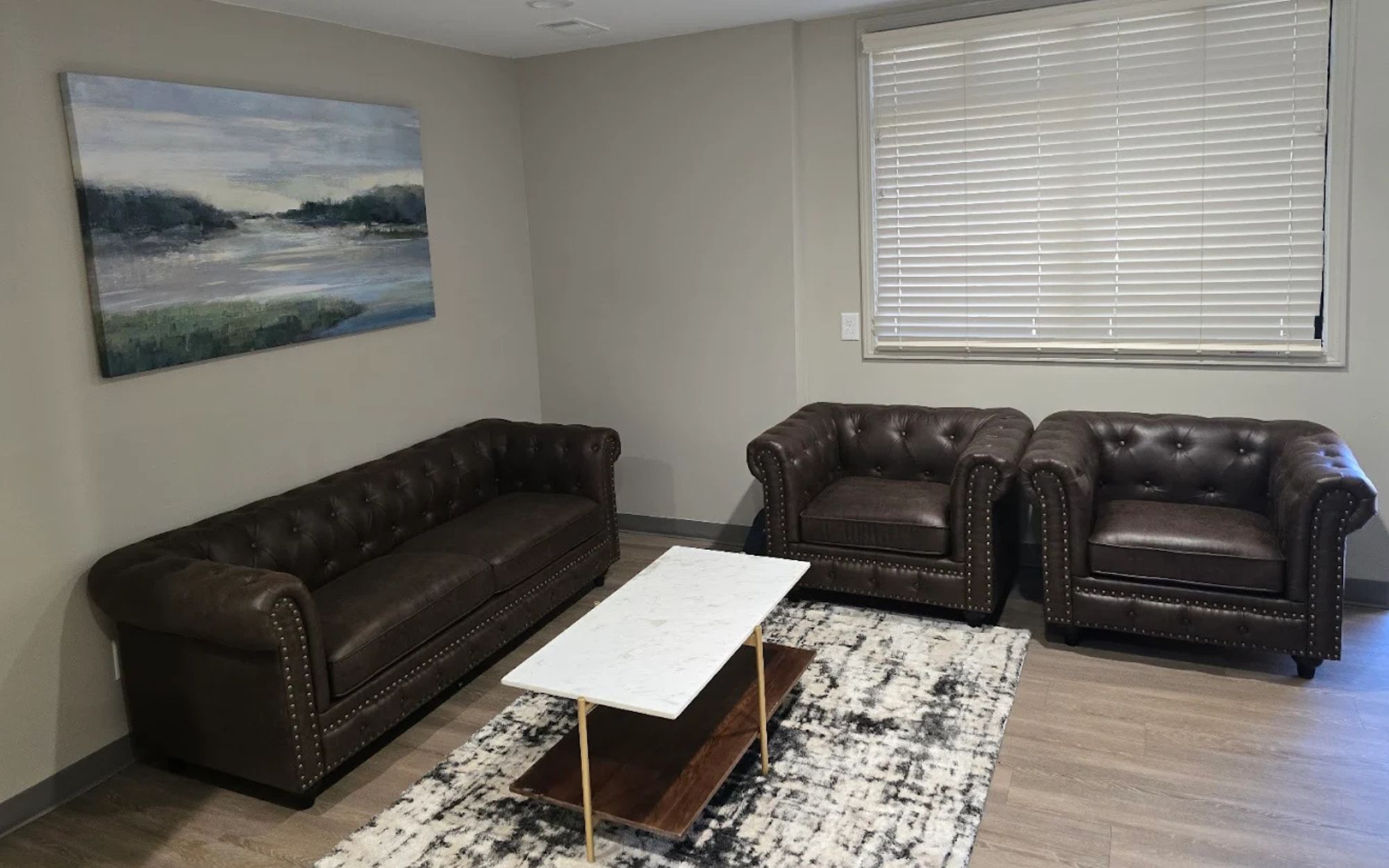
Depression Treatment in Atlanta
Depression is more than just feeling sad—it’s a complex mental health disorder that can affect how you think, feel, function, and connect with others. At Lanier Recovery Center, we offer personalized outpatient treatment for depression in Atlanta through flexible, clinically sound programs that meet you where you are.
Whether you’re struggling with major depressive disorder, persistent depressive disorder, or depression tied to trauma or substance use, our team provides a compassionate space to start healing. Through Partial Hospitalization (PHP), Intensive Outpatient (IOP), and Outpatient (OP) levels of care, we walk with you through every step of your recovery.

